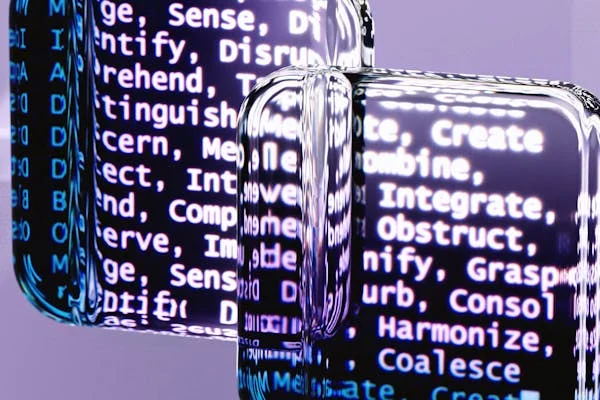Envision a world where clients get moments personalized reactions 24/7, moving forward their encounter and opening up trade productivity. Welcome to the world of AI chatbots.
In the quickly developing and continually changing advanced world nowadays, more and more companies utilize AI chatbots in endeavours to move forward client encounters and intuitively, speed up operational workflows, and give prompt reactions to questions. With so many solutions around, it might become very challenging to point out which one is actually better. This article has weighed in on a review comparison between some of the top-ranked AI chatbots, highlighting each chatbot’s unique features and where they excel and may lack for your consideration.
-
ChatGPT by OpenAI
ChatGPT has recently been in the limelight for its superior natural language processing and updated data. It is really good at contextual understanding, formulating responses like a human, and answering complex queries with ease.
Pros:
- Versatility: This can be used for customer service, content generation, and personal assistant work.
- Continuous Improvement: Regular updates add to its capabilities and knowledge.
- Customization: Businesses can have responses customized to fit their brand voice.
Cons:
- Resource-Intensive: It requires high computational powers to work optimally.
- Cost: Some premium features can be expensive for small businesses.
-
Google Dialogflow
Among all, Google Dialogflow is famous for its smooth integration with most of the Google services and platforms. It finds its major application in the development of conversational interfaces for websites, mobile apps, and IoT devices.
Pros:
- IntegrationFriendly: It easily integrates with Google Cloud, making it easy to deploy.
- Multilingual Support: Can understand and respond in multiple languages.
- User-Friendly Interface: Intuitive design tools simplify the creation process for making a chatbot.
Cons::
- Steeper Learning Curve: Some of the more advanced functionality requires technical expertise to use.
- Limited Customization: The customization options, for some users, may be considered restrictive compared to competitors.
- Microsoft Bot Framework
The Microsoft Bot System is an effective stage for building, testing, and conveying your chatbots over a few channels: Skype, Slack, Facebook Courier, and so on.
Pros:
- Fully Featured Toolkit: Extensive SDKs and APIs help in sophisticated development.
- Scalability: Built to manage volumes of conversations with ease.
- Security: Robust security features that protect data and ensure compliance.
Cons:
- Complex Setup: It may take a while for beginners to set up initially.
- Cost Structure: Pricing could increase with more usage and additional features.
-
IBM Watson Assistant
IBM Watson Assistant is known for its robust AI and machine learning capabilities; hence, it is one of the top choices for enterprises looking for advanced chatbot solutions.
Pros:
- Advanced Analytics: Detailed insight into user interactions for further refining the performance of the chatbot.
- EnterpriseGrade Features: Strong security and compliance options for large organizations.
- Integration Flexibility: Can work with a variety of platforms and third-party services.
Cons:
- High Cost: Its premium pricing may be too high for smaller businesses.
- Complexity: It requires some expertise to utilize all its advanced features.
-
Zendesk Answer Bot
Answer Bot by Zendesk integrates with the Zendesk support ecosystem and is thus best for businesses that use Zendesk to provide customer service.
Pros:
- Easy Integration: Functions well with your existing Zendesk workflows and tools.
- User-Friendly: Easy to set up the chatbot and manage it.
- Efficiency: Cuts down response time and lessens the load of the support teams.
Cons:
- Limited Functionality: It is primarily designed for customer support and thus offers less customization.
- Coupled with dependence on Zendesk, it is best for companies that are already using their services.
Summary for Choosing the Right Ai
Selecting the best AI chatbot pivots on your particular needs, budget, and specialized skill. ChatGPT by OpenAI offers unparalleled conversational capacities that are reasonable for a wide range of applications, whereas Google Dialogflow and Microsoft Bot System give strong stages for those looking for integration and adaptability. IBM Watson’s Right hand is perfect for ventures requiring progressed analytics and security, and Zendesk Reply Bot is idealize for businesses as of now implanted in the Zendesk environment.
The future of customer interactions is here. Careful consideration of the features, strengths, and limitations of each alternative will guide you in picking an AI chatbot that closely fits your goals and serves to upgrade your digital experience.





